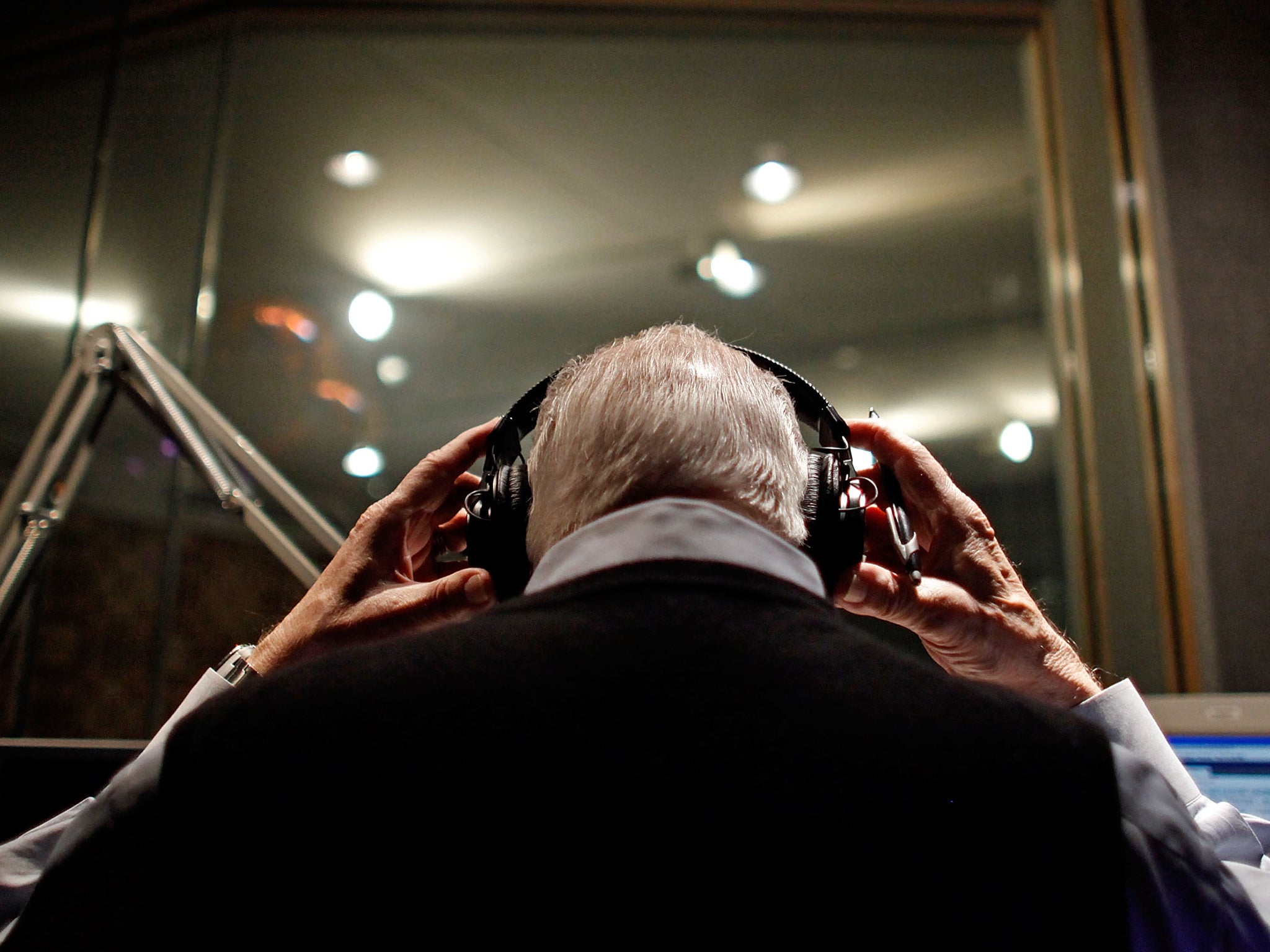Global Radio censured by Ofcom for running 'news' feature sponsored by phone company
Britain's biggest commercial radio group operates Capital, Heart and Xfm

Your support helps us to tell the story
From reproductive rights to climate change to Big Tech, The Independent is on the ground when the story is developing. Whether it's investigating the financials of Elon Musk's pro-Trump PAC or producing our latest documentary, 'The A Word', which shines a light on the American women fighting for reproductive rights, we know how important it is to parse out the facts from the messaging.
At such a critical moment in US history, we need reporters on the ground. Your donation allows us to keep sending journalists to speak to both sides of the story.
The Independent is trusted by Americans across the entire political spectrum. And unlike many other quality news outlets, we choose not to lock Americans out of our reporting and analysis with paywalls. We believe quality journalism should be available to everyone, paid for by those who can afford it.
Your support makes all the difference.The “And finally…” segment is a familiar feature of the late night television news bulletin but Ofcom has censured Britain’s biggest commercial radio group after it tried to make money from the idea.
Global Radio, which operates a huge broadcasting portfolio that includes the Capital, Classic FM, Heart and Xfm networks, signed a deal to air a regular feature “The Good News”, sponsored by the mobile phone company Three.
The regulator examined 30 instances where Global stations had broadcast “The Good News…with Heart”, ahead of items read out by the newsreader on such topics as migrating hedgehogs and calorie-counting apps.
Ofcom found that the failure to distinguish between this sponsored-content and the actual news bulletin which it immediately followed was a breach of the broadcasting code rule that “no commercial reference, or material that implies a commercial arrangement, is permitted in or around news bulletins or news desk presentations”. The ruling was in respect of items broadcast on the Classic FM, LBC, Capital, Capital Xtra, Xfm, Heart, Smooth and Gold networks.
The regulator warned Global that it was “of paramount importance that news broadcasts are not, and do not appear to be, subject to commercial influence”.
Ofcom’s ruling follows a recent four-year investigation into the use of sponsored content in television, which uncovered a total of nearly 50 breaches of the broadcasting code by the BBC World, CNN and CNBC networks.
Commenting on the Global ruling, Ofcom said “The Good News” item ran “immediately after news bulletins, but was not distinctly separate from them. Importantly, it wasn’t clear to listeners this was sponsored content and not news”.
In its defence, Global said the “Good News” segment was inspired by the approach pioneered by Trevor McDonald on the ITN News at Ten bulletin. “Good News…was the happy and uplifting story of the day, in the vein of the traditional ‘and finally…’ concluding comment,” it said.
It argued that the feature was “a sponsored specialist factual strand that sat alongside the main bulletin, as entertainment, sport, business or travel news would”.

Ofcom ruled that although the items in “The Good News” were “of a similar vein to traditional “and finally…” stories commonly featured in broadcast news bulletins”, but were not on an “identifiable topic”, such as weather or travel.
As such, “the description of such stories as “The Good News” neither made them specialist factual strands within the terms of the Code nor separated them sufficiently from news bulletins”.
Global said that the light-hearted stories in the segment were selected its newsroom, which “retained editorial control over the content” and “constructed and executed” the feature “with great care”. But the regulator found that because the items “were read by news presenters in and around news bulletins and…did not comprise specialist factual strands”, formed part of its decision to find the broadcaster in breach.
The radio group claimed that it had avoided contentious issues where its output might have been compromised by a sponsorship deal. It said: “Given…the subject matter was ‘good news’, serious issues such as war, conflict and politics where impartiality might appear to have been compromised by the existence of a commercial arrangement were inherently avoided”.
Join our commenting forum
Join thought-provoking conversations, follow other Independent readers and see their replies
Comments